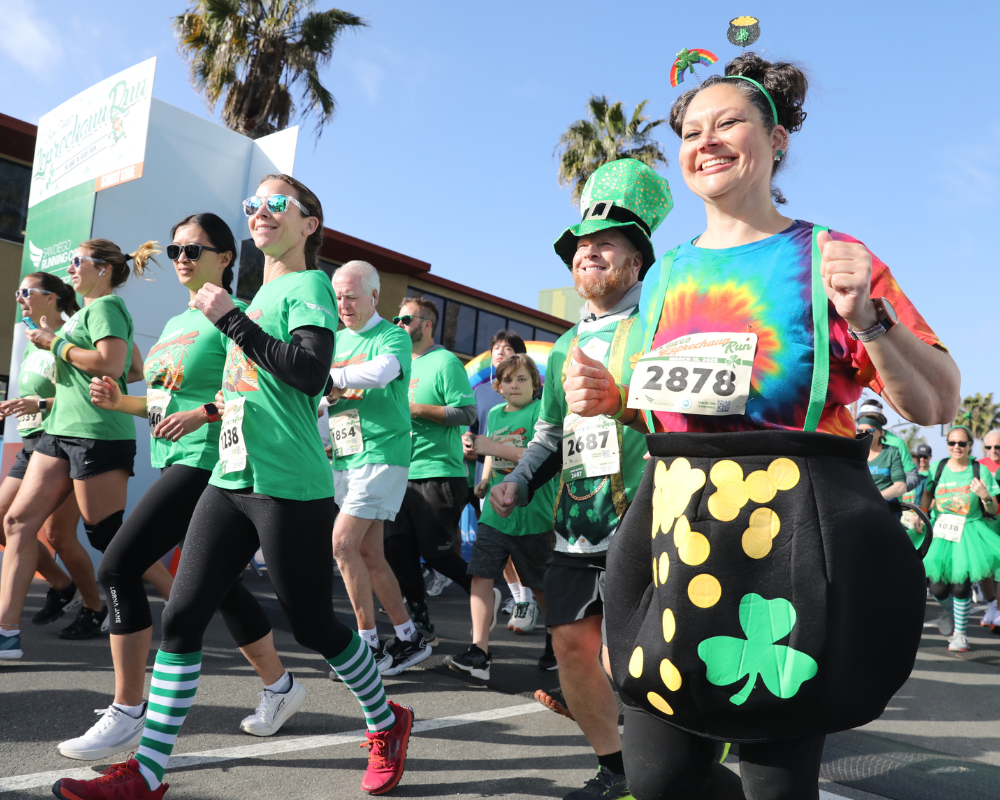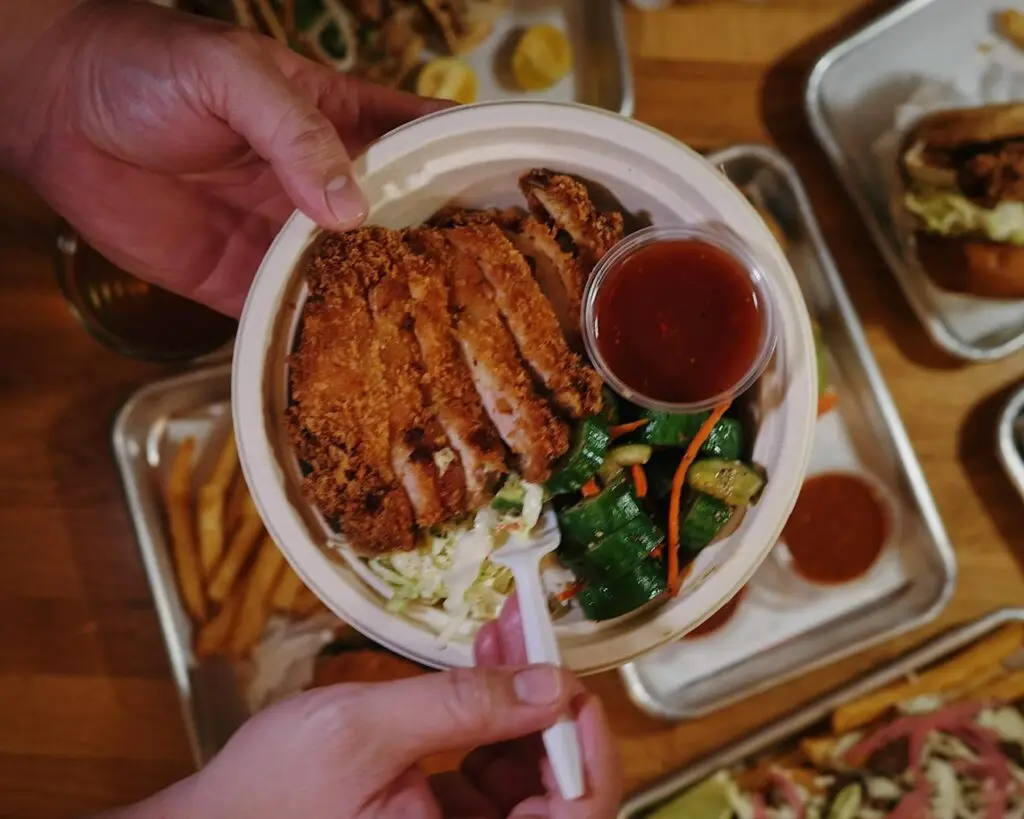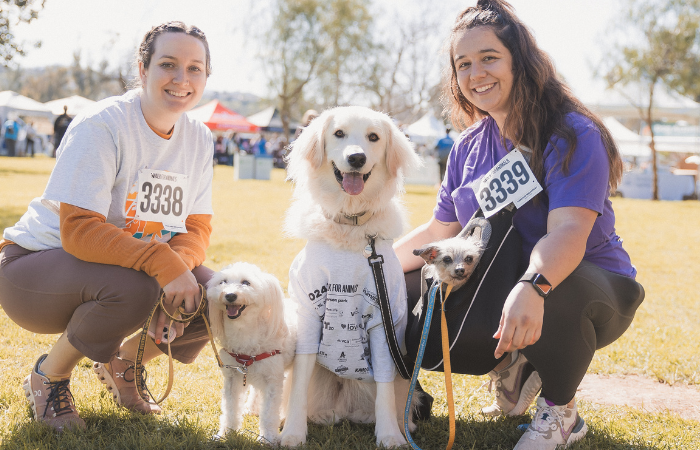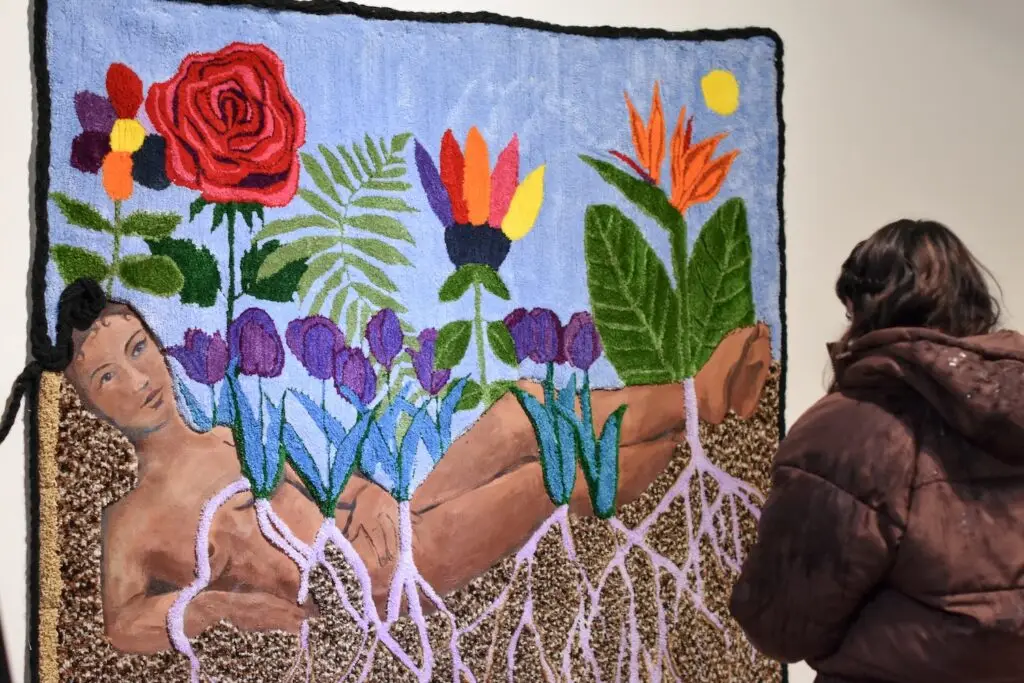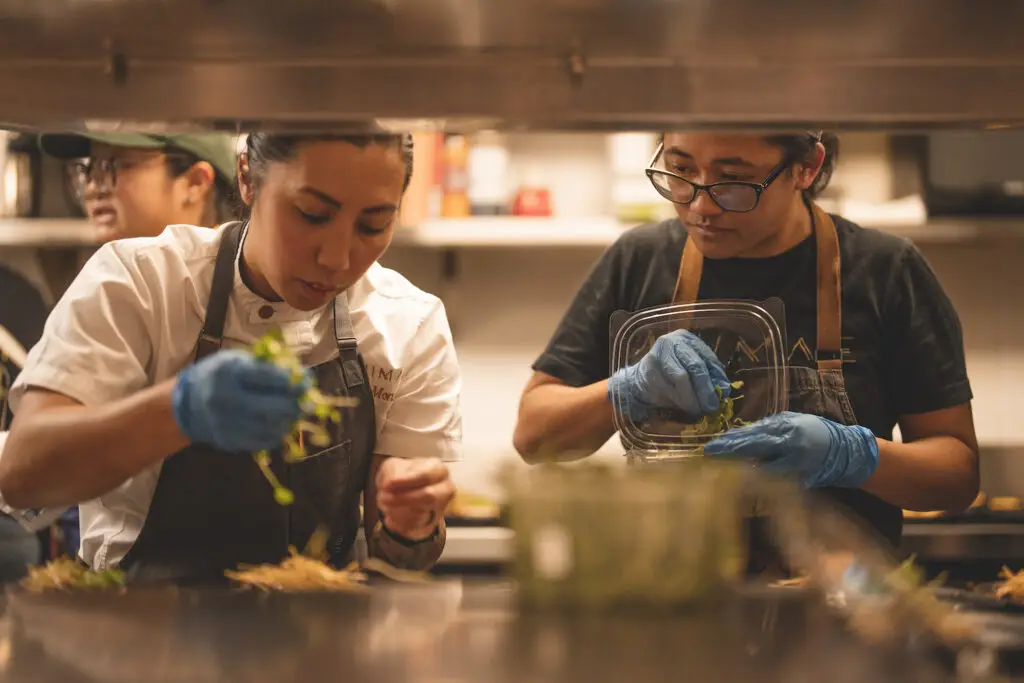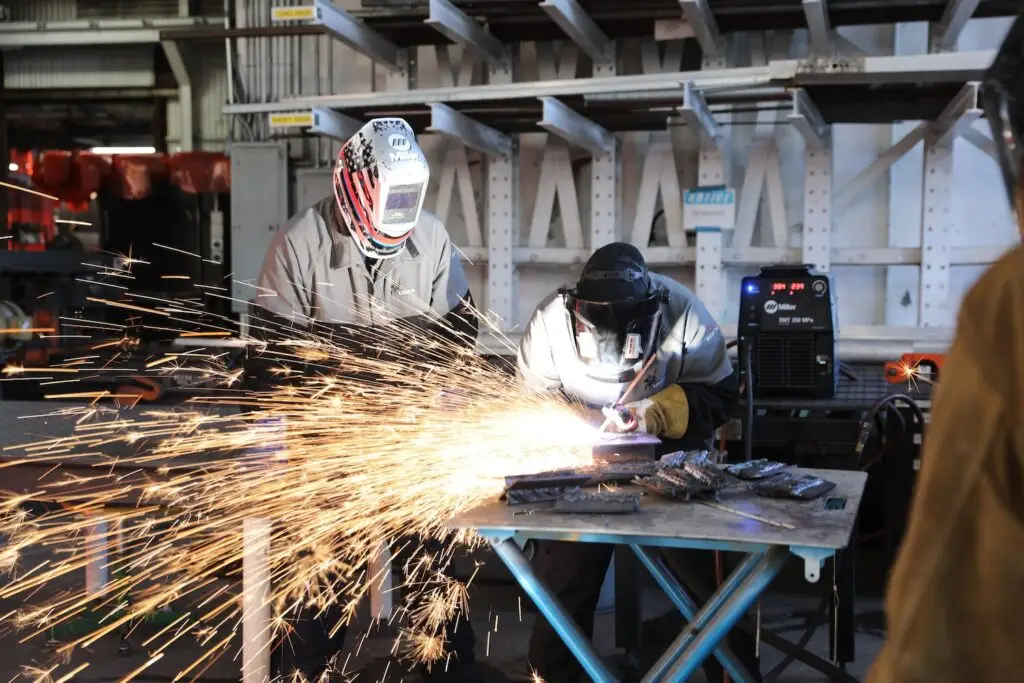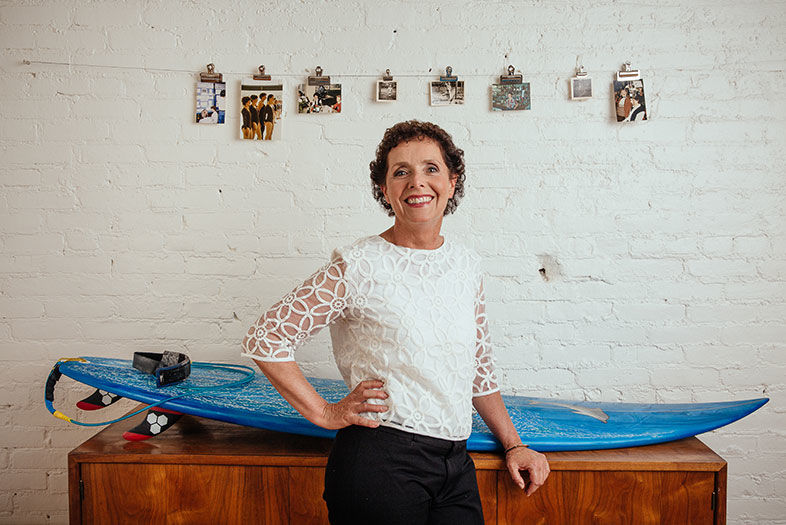How do you create a more supportive environment for women in science?
The female faculty group at our institute is my hub for inspiration, support, empowerment, and an incredible resource for wisdom. Not only in research but life in general. Every one of our female faculty group members has arrived at where she is through incredible courage, exemplary performance in research, commitment, and perseverance. A true passion for us is to teach graduate students. Every minute I can spend with my students, postdoctoral fellows, and colleagues, pushing our research goals, is precious, and it’s my passion. I try to minimize stuff that distracts from that.
What do you look for in young scientists?
For research you must have a very high tolerance for setbacks, plus an ability to deal creatively with complex situations and unexpected findings that may initially seem to lead you in the wrong direction. The key is open-mindedness, and educating yourself diligently so you can find a meaning. Perseverance is an absolute must. Thoughtful, hard work with a team spirit and willingness to collaborate with others lead to the rare breakthrough. The sweetest thing is to watch a student experience the joy of discovery… It’s like when a space mission team lands a probe on Mars or flies by Pluto.
What’s the hardest part about mentoring?
When they work their butts off, think hard, and can’t get their systems to work. This is your great chance to help them find ways to improve their approaches, or think up alternatives. You must stay with them and not let them venture off. It is one of the most important practices in research: to keep one’s focus and not give up. As a friend of mine recently said: The difference between a novice and a master is that the master has encountered and overcome a thousand obstacles.
Is it harder for women than men?
Gender bias is not uncommon, and it can be subtle or outright insulting. I look at myself as a person in such situations rather than as a woman, and I look at the other people also as individual persons rather than as men. That allows you to do the sizing up on a purely intellectual basis. I then decide if I want to invest in dealing with them.
What’s your best advice for women coming up in scientific research?
Believe in yourself. Stand proud and don’t let anyone give you grief. Work hard, educate yourself as best as possible, and continuously, and express yourself clearly. To make important decisions, draw on experience, information, and knowledge, get a picture of the situation, possibilities, and choices on hand, and ultimately follow your gut feeling. You won’t go wrong.
Photography by Flavio Scorsato
Styling by Cecelia Church
Hair & Makeup by Kristi Colby
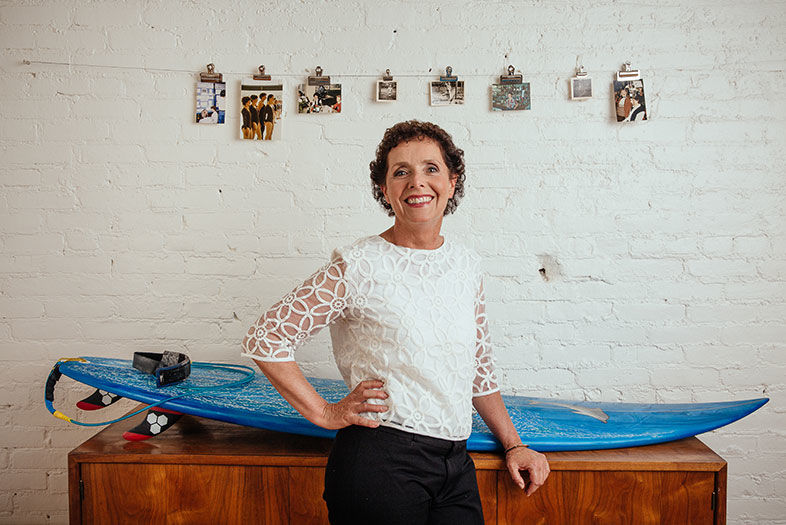
PARTNER CONTENT
“Believe in yourself. Stand proud and don’t let anyone give you grief.”
